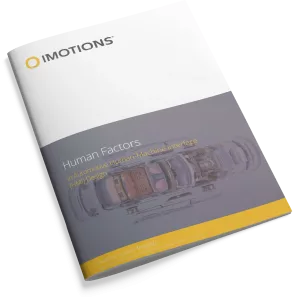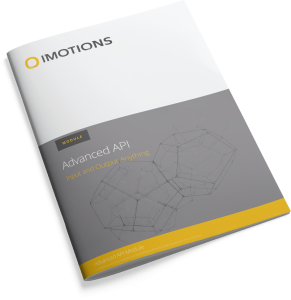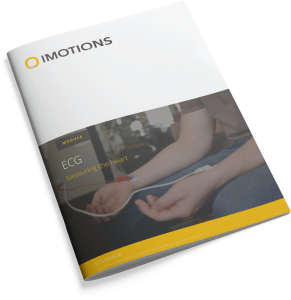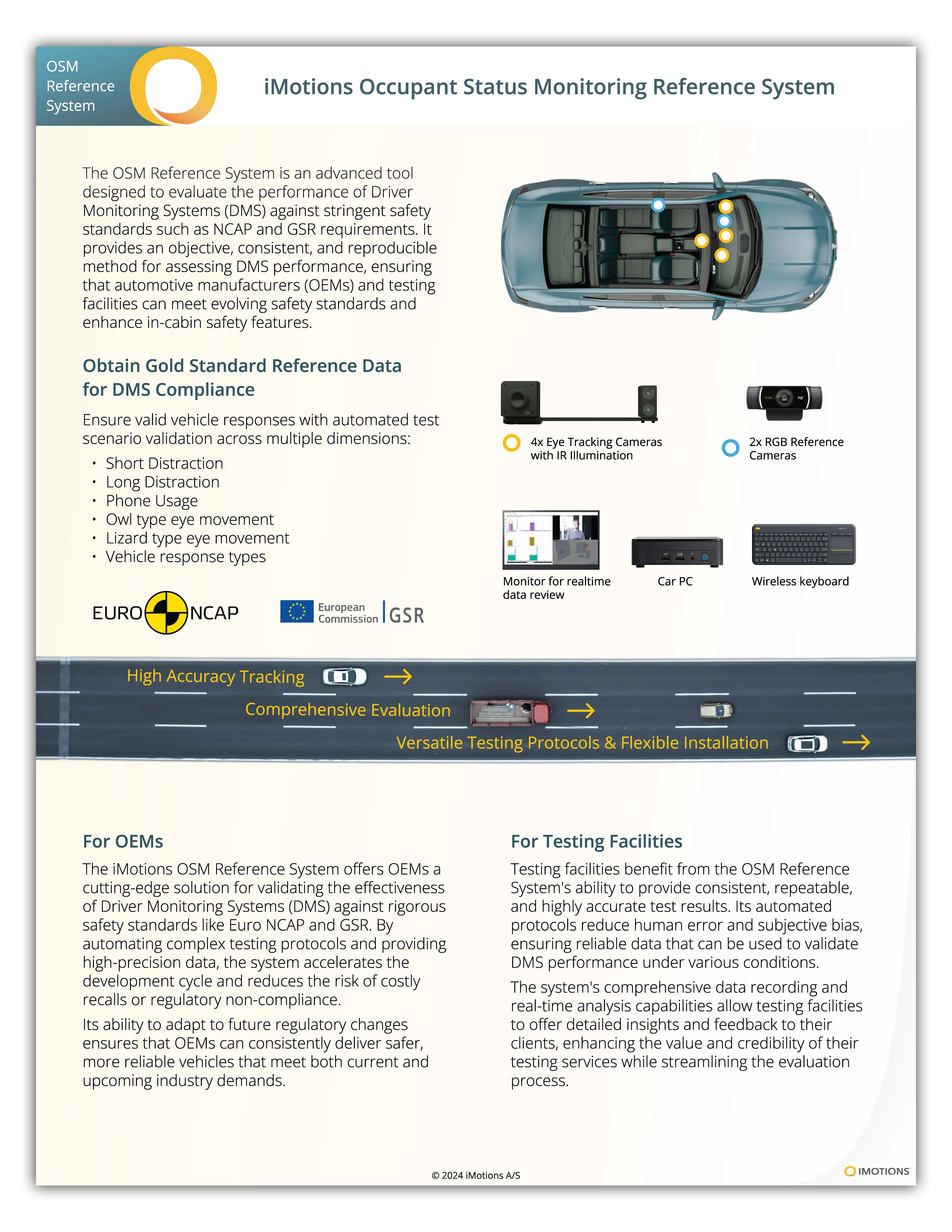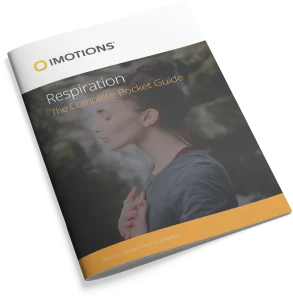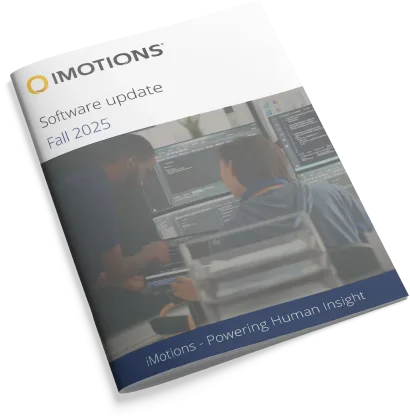The construction industry is considered one of the world’s most demanding, labor-intensive work sectors. Mental workload states of construction workers are known to affect their performance and safety. Previous studies examined construction workers’ perceptions and impacts of mental workload on safety and hazard identification. However, there is a need to investigate whether specific task characteristics impact mental workload, and the corresponding impact of the level of mental workload on worker safety when performing tasks. This study is being conducted to evaluate the impacts of task characteristics on mental workload and safety. The study includes an experiment using self-evaluation, galvanic skin response sensors, and observations in a controlled environment to determine participant mental workload and safety impacts. The targeted subject population consists of adults who can perform the study trials. The study findings reveal that task performance differs when subjects are in a hazard-free room compared to when they are located on an elevated work platform, and performance is impacted by increased task complexity. The results can be used to assess the mental workload of workers to improve safety. The study contributes an understanding of how task characteristics impact mental workload experienced by workers and their safety while performing the work.








